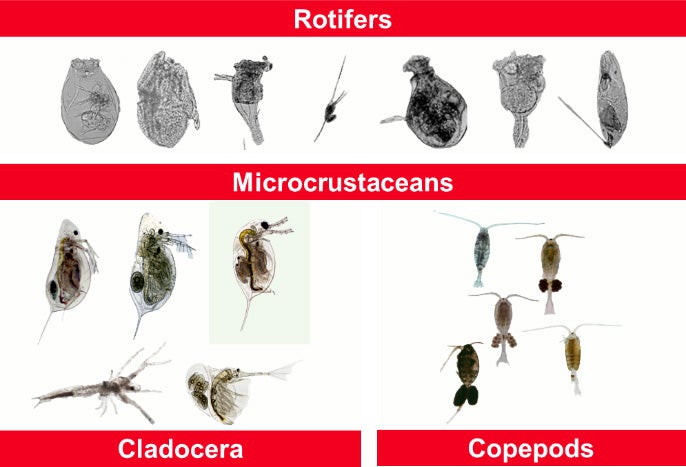Research I conducted in Puerto Rico’s Luquillo Rainforest uncovered a major collapse of insect populations between 1976 and 2012, with total biomass caught in sticky traps and sweep nets declining by 65% to 98% (Lister and Garcia, 2018). Long-term data for forest insectivores indicated they declined in parallel with their insect prey in a classic bottom-up trophic cascade. At mid-elevations, mean annual temperature increased by 2°C since the 1970s. Our analyses implicated climate warming and rainfall as major drivers of insect decline. To determine if these trends are occurring in other tropical locations, I received a grant to repeat our Puerto Rico study in a tropical dry forest within the Chamela-Cuixmala Biosphere Reserve in western Mexico.
Archived Projects
Climate Warming, Insect Collapse and the Future of Tropical Forests
Marine Biodiversity Virtual Laboratory
Marine ecosystems are complex and variable networks of interacting organisms that support roughly half of global productivity and play important roles in sustaining global processes, including regulation of climate. Mounting recognition points to the societal value of not just timely information about the status and change of marine ecosystems but how well we can model and predict them. Despite recognition as system-level science, the way specialists and non-specialists think about ecosystems must move from reducing the problem spaces into specialized and finer partitions to a significantly more integrative and predictive one. This research effort brings together computational and information scientists, oceanographers and microbiologists to develop a Marine Biodiversity Virtual Laboratory (MBVL).
Zooplankton as Indicators of Change

Zooplankton are microscopic organisms that inhabit lakes and serve as a link between the primary producers (phytoplankton) and the top predators (fish). The community structure and abundance of these organisms reflect the true nature of environmental change and disturbance. Using these organisms, we have examined the impacts of eutrophication, climate change, and invasive species. With respect to invasive species we have documented a shift in species composition as the result of the introduction of spiny water fleas in Lake George. To fully investigate this phenomenon, we identified the diet of Spiny water fleas using a molecular biology approach.
